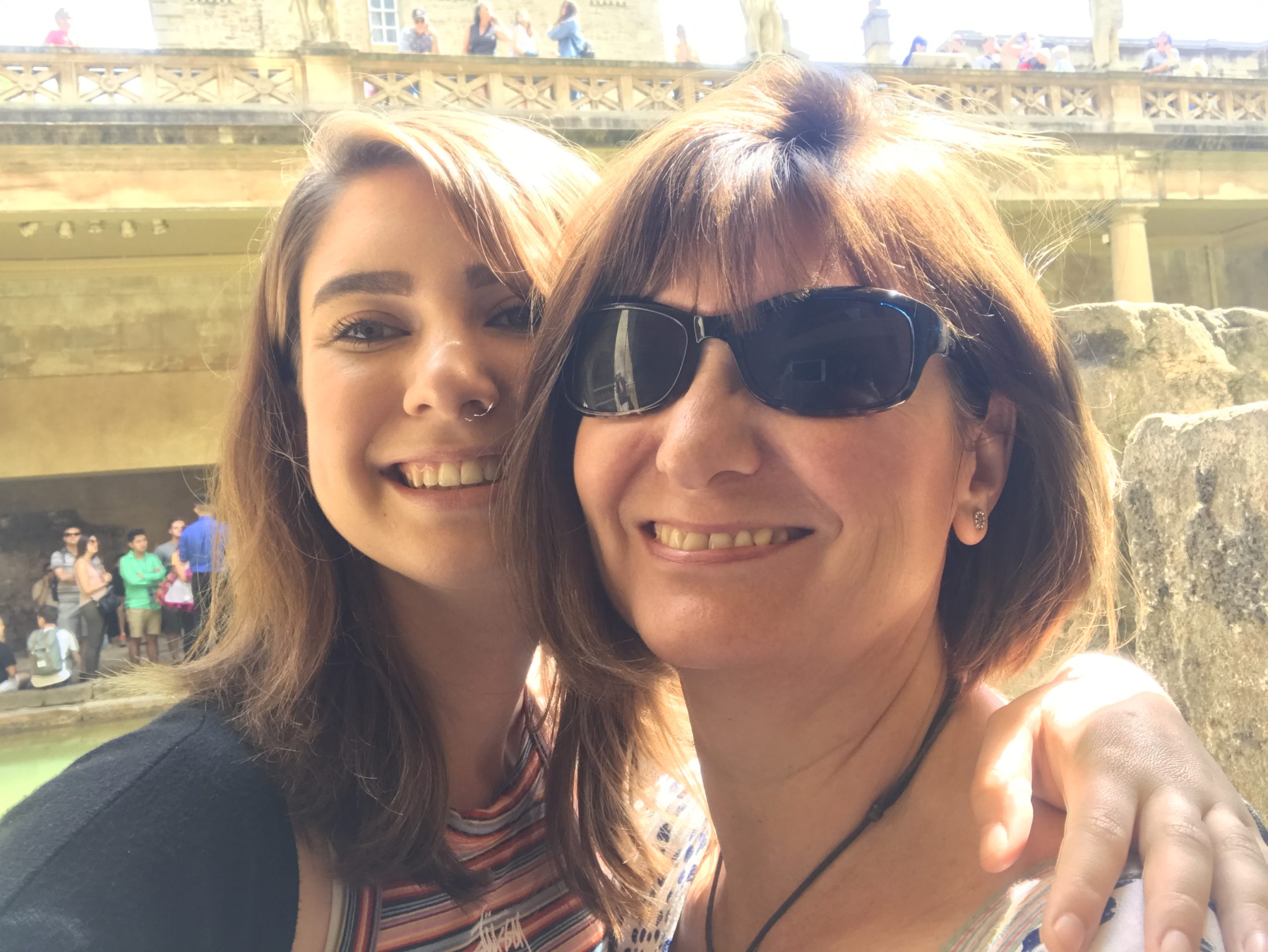
1. What impact has NETs had on your life?
Gosh, how do I begin to answer this question? Like so many patients diagnosed with this disease, my journey to diagnosis was long, frustrating, physically and psychologically painful. So many doctors and specialist visits, so many misdiagnoses, so much incorrect labelling and dismissal of my symptoms. As much as I pushed doctors for answers, I couldn’t get any, well, none that made any real sense. I thought for a time that perhaps I was actually going bonkers or a total hypochondriac!
I finally received a diagnosis of neuro endocrine tumour in the middle of 2012 with a large primary tumour blocking my small bowel and widespread metastases. I was relieved – I wasn’t imagining it. My GP phoned me after my emergency bowel resection to apologise for not listening to me when I repeatedly said I was sick – she was in tears and apologised to me profusely three times. Needless to say, she is no longer my GP.
As with any diagnosis of cancer, it was confronting and distressing – that’s a given. But the nature of NETs, and its twists and turns, has presented many more challenges along the way and will continue to do so. The disease affects my energy levels, general health, family, work, finances, ability to plan activities, being able to confidently travel alone and so on. The list is endless. But I’m now used to this being the new normal. I don’t battle the disease, or curse it, or let it define me…. we just rumble along together.
2. What drew you to become involved in the CAG?
I’m not one to sit back and let things happen around me. Within a day of being diagnosed, my googling from my hospital bed, found the Unicorn Foundation, and other organisations across the globe supporting NETs. However, being an uncommon cancer, I became aware that research, access to treatment, patient advocacy, misdiagnoses, and so on, are significant issues facing the NET patient community everywhere. The Unicorn Foundation is such a pillar of support for patients in Australia and New Zealand and does a fantastic job but there is still much to do. I became involved with the CAG to assist where I could with awareness, advocacy, campaigns, particularly understanding the research arena, how it is funded, and how it may advance treatment options.
3. What advice would you to give to a newly diagnosed patient? What has been most helpful to you in your NET experience?
Do your own research and understand your disease as much as you can. Be aware that NETs is complicated and each patient’s story and treatment options can differ significantly. Know that NETs is not necessarily a disease to be blasted with every treatment under the sun as soon as you’re diagnosed. It can be a “watch and wait”, it can be a “let’s try this” – there is no one size fits all approach. Seek out an oncologist/specialist who has knowledge of NETs and you can be confident with, and who works as part of a multidisciplinary team who jointly make the best decisions about your care and treatment. Ask as many questions as you need to, don’t hold back or just accept something you’re not comfortable with or don’t understand.
On a personal note, my outlook on life is very different post my diagnosis. I was like a hamster on a wheel – didn’t stop running, frantic, worked too hard, priorities all wrong. Now I live each day as it comes, I don’t worry about the past, my delay in diagnosis or anything else. I plan and do as much as I can – probably still overdoing things and end up totally exhausted and can’t move for days but I am so much more conscious about focusing on the things that I want do, are important to me, and I love!



